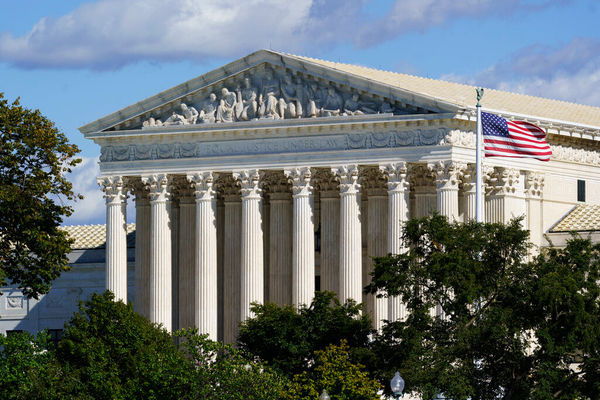United States Supreme Court dropped a hint on Monday that it may allow Texas abortion law to be challenged in other judicial bodies of the country.
Justice Brett Kavanaugh, one of the nine members of the Supreme Court bench presiding over the case, stated that the controversial law was structured in a way to prevent providers from presenting a “full constitutional defense”, according to US media reports.
If and when such a decision is announced by America’s highest judicial body, the case would not be tagged as constitutional or be concluded, according to reports from New York Times. Instead, the case would be thrown back to lower courts of the United States for reconsideration and further proceedings.
Also Read: G20: Biden receives Communion in Rome amid debate on his abortion views
Monday’s statements did not clear how quickly the court would rule and whether it would issue an order blocking the law that has been in effect for two months, or require providers to ask a lower court to put the law on hold.
“There is a loophole that has been exploited here, or used here,” Kavanaugh said, explaining that the question for the court is whether to “close that loophole”, according to reports from Associated Press.
The Supreme Court Justice, who is one of the conservatives on the nine-member panel, suggested that the “principle” and “whole sweep” of a 1908 case would “suggest extending the principle here, arguably” and closing the loophole.
Also Read: Biden sued by republican attorney seeking reversal of abortion referral ban
The justices heard three hours of arguments Monday in two cases over whether abortion providers or the United States Department of Justice can mount federal court challenges to the law, which has an unusual enforcement scheme its defenders argue shields it from federal court review.
The Texas abortion law, which cleared legislative hurdles throughout 2021 and came into effect on September 1, has banned a large number of abortions after a heartbeat is detected. The law does not have any exceptions for pregnancies caused due to incest or rape.







